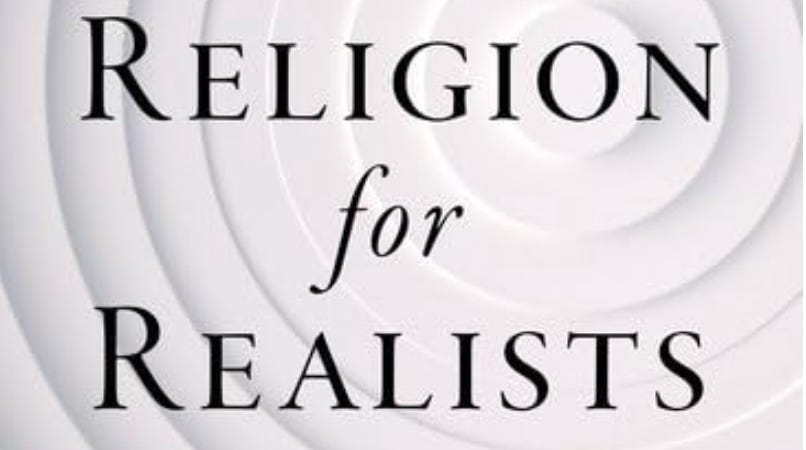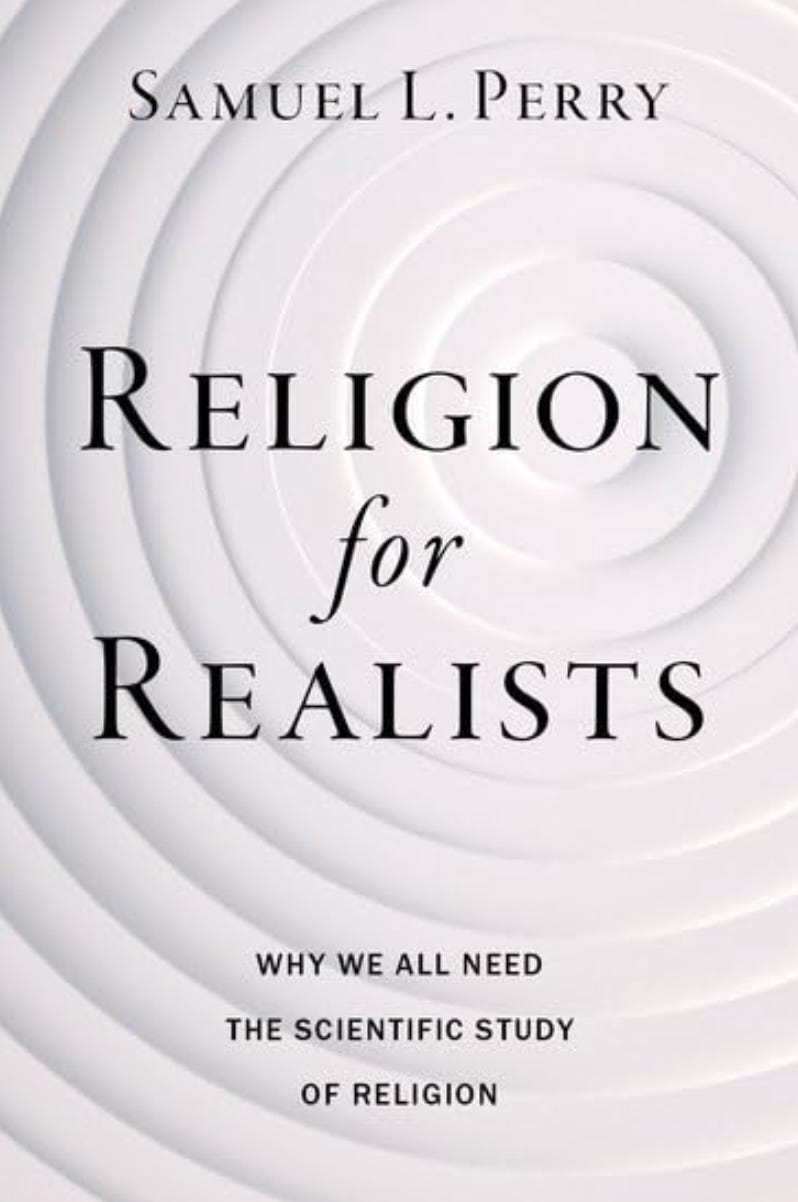Old-Fashioned Evangelism?
In a conversation with the leaders of a megachurch, the senior pastor referred to the gospel and evangelism of a certain Reformer. When I was given a chance, I mentioned that that said Reformer did not do evangelism as evangelicals and revivalists in 20th Century did. The pastor was a bit shocked by my comment, and asked for clarification. This was my response, and I’m relying on my (not infallible but this time accurate) memory, was “Their form of evangelism is called catechism.”
Go ahead and read the written sermons and addresses of the Reformers, and read too the Anabaptists, and you will not find invitations. Nor will you find evangelistic methods or strategies. These were national churches, after all, and the catechisms were taught in schools, churches, and homes. The Lutherans and Calvinists baptized their babies. The Anabaptists didn’t, and they got about as close to modern day evangelism as anyone in 20th Century – and, well, it wasn’t the same at all. The Anabaptists required their official registers to be people who pledged to follow Jesus (as they understood him and his requirements for discipleship).
Samuel Perry’s newest book, Religion for Realists, looks at evangelism the old-fashioned way. His approach is not catechism, mind you. It’s about demographics and population statistics, and catechism is part of the numbers game. Read on.
Did old-fashioned evangelism focus on the message, that is, the gospel and its content? Did it involve organizing and strategizing and accommodating and assimilating and figure out the best media to get the message out there?
I interrupt for a reminder. Long ago a book was written that asked why conservative churches (fundamentalist, neo-evangelical) were growing and the mainline, liberal churches were declining and dying. The argument was that the mainliners’ gospel was too superficial and too much like The New York Times, while the conservatives had a gospel that was demanding. Evangelical self-pats on the back happened for several decades, until just about twenty years ago Andrew Greeley and Michael Hout wrote a book called The Truth about Conservative Christians. They put to run the older idea about theology and message and, well, said the real issue was the bedroom. The wealthier one’s family is the fewer children are born in that family.
I remember blogging through the book. It was a compelling study. Ergo, conservatives were lower on the income chart and the wealthier were higher. Ergo, conservative churches were growing because they had more babies. Ergo, the problem for mainliners was not their message, the problem was that there were fewer of them! It comes down to group size. The same goes for Catholics, who used to both believe and practice their theory of (non) birth control.
That’s the old-fashioned way that Samuel Perry discusses, with fresh statistics and studies at work. The Amish are growing, and the Lord and all the angels know, because they can see it all happening, that they are not evangelizing anyone. (By the way, for a great read on the Amish, try Donald Kraybill, The Riddle of Amish Culture.) The projections are that in 2055 there will be one million Old Order Amish. One woman, five kids; 85% remain Amish. Evangelism the old-fashioned way. “The social sciences teach us human beings are cognitively fine-tuned for group life, and consequently, group identity and norms, not ‘beliefs,’ are the primary cognitive drivers of religious behavior.” Evangelism the old-fashioned way then is to stick with your group and self-identify with it. Religious change, then, happens “through the spread of bodies and durable identities and norms that spread with them.”
The spread of Christian Nationalism in the USA is happening, not through the spread of ideas, but through the fertility rates of those inclined toward Christian Nationalism.
Perry is right: “As much as enlightened, rational thinking has benefited humanity in the last few centuries, society has never functioned like a debate competition, where the best ideas can be presented and ultimately triumph over specious reasoning and sophistry.” Evangelism the old-fashioned way, whether it knows this or not, worked because of the previous quoted statement’s flipside. We are designed to fit in and to defend our group. The ideas of those with the numerical advantage nearly always win!
Perry contends the best metaphor for religious growth and religious decline is ecology. “In an ecology, you still have the idea of competition, but you win by producing more reproducing bodies. And that is the key to religious success -- bodies, and more specifically, bodies of belongers with durable social identities and norms.”
Here it is in some detail: “Episcopalians, Lutherans, Presbyterians, Methodists, both men and women, tend to be white, well educated, and established financially. And over several decades they have done what people with higher socioeconomic status almost always do – focus on education, career, and comfort; delay childbearing; and have fewer babies.” The evangelical church, or as I would now say, the established evangelical group, is rising socioeconomically and thus we are seeing decline among evangelicalism’s established groups. But not among the charismatics and Pentecostals. Again, evangelism the old-fashioned way. Have more babies. The “fertility advantage” evangelicals once had is shrinking.
Immigration numbers indicate that those immigrating into the USA are more likely to have more babies than establishment Americans, which indicates that Hispanic Catholics, Hispanic Pentecostals, and Muslims will increase. Secularism also grows in the USA because an increasing number of younger Americans are less religious, so they are producing less religious children.
Here's Perry’s takeaway: “Consequently, religious adherents are not primarily believers transmitting ideas like a contagious virus… [but] they are belongers transmitting their durable social identities and norms over generations. And historically they have transformed societies with their sticky social inheritance primarily through the processes by which most human societies have always been transformed.”
Conservatives know this, and he cites Kevin DeYoung, who said “The future belongs to the fecund.” Perry wonders aloud in his book if DeYoung was actually making a case for white Protestants. A return to patriarchal families correlates statistically with Anglo-Protestant white culture. The numbers are not in their favor, but it is clear they subscribe to evangelism the old-fashioned way.




I think the birth rate is part of the issue, and certainly adds a metric to assess sustainability, but that’s only part of the whole. Having just recently left the pastorate in a liberal mainline denomination, I can tell you the main reasons me and other pastors and laity have left.
When I was in 7th grade I had a bit of a mouth. One day my teacher turned around, pointed at me and said, “say what you mean and mean what you say!” That stuck with me and years later would associate that statement with the heart of God. If we are to live in the truth, and the truth sets us free, then we must say what we mean and mean what we say.
The mainline denominations in the US run off corporate conglomerate models, over tight knit communities that love God and neighbor. In my experience, our bishop, superintendent, and episcopal cabinet do not say what they mean and mean what they say. In one breath, beautifully written pieces highlighting the sin of racism and how the body of Christ can end that sin. In the next breath, targeting all black congregations in gentrifying areas, closing their churches whether the congregants like it or not, then selling to developers. This is a more progressive conference than most, but the progressive ideals were nothing more than talking points.
The tipping point was our bishop meeting with the black caucus. A member of the caucus asked, “why won’t you appoint any white pastors to black churches?” A number of people in the caucus spoke up in support, with none dissenting. The white bishops loud response, “you don’t know what you need. I know what you need. And you’ll get the people I appoint to you.”
I, and many others, didn’t leave because of theological differences. It was because we saw, contrary to what your article states, that what the mainline is pumping out is in fact superficially shallow. We talk about sacrifice for the greater good, but it ends at talk. If legislation passes at conference, we did our good work and that’s that. In our context, we stood up to evil intentions that further erode and disenfranchise black communities. For that we were ghosted entirely by the cabinet and had higher ups make our lives in the church so uncomfortable we had no choice but to leave. Let me tell you, it really stings when your cut off for that and read emails from the leadership that talk about how important it is for our conference to stand up to evil and do the exact things we did.
Conservatives have more babies, for sure. But denominationalism in the US needs to learn how to say what they mean and mean what they say. All the fiery preaching points and messaging about equity, and loving neighbor end up not meaning much when groups of people say we’re ready to do what’s being preached, and then your cut off for suggesting we stop talking and start doing.
It’s reminiscent of the scene in Monty Pythons Life of Brian, when they are meeting to discuss how to save Brian from crucifixion. Meetings and committees that end with showing solidarity from a distance.
It really is a challenge to think that the most effective way to evangelize fruitfully is to be fruitful and multiply. Churches built and perpetuated along these lines look so little like what the beautiful and powerful words of Jesus call us to do and talk about in the Gospels. The underlying demographic pull you've highlighted reminds me of what an atheist friend said years ago: "I'll start to believe in an apparition of the Virgin Mary when it happens smack in the middle of a Buddhist monastery." Our group identity does tend to configure many more of our experiences than we give credit for, as sociologists often say. Thanks for sharing these posts on Perry's book. Week after week, I become convinced it's a compelling read.